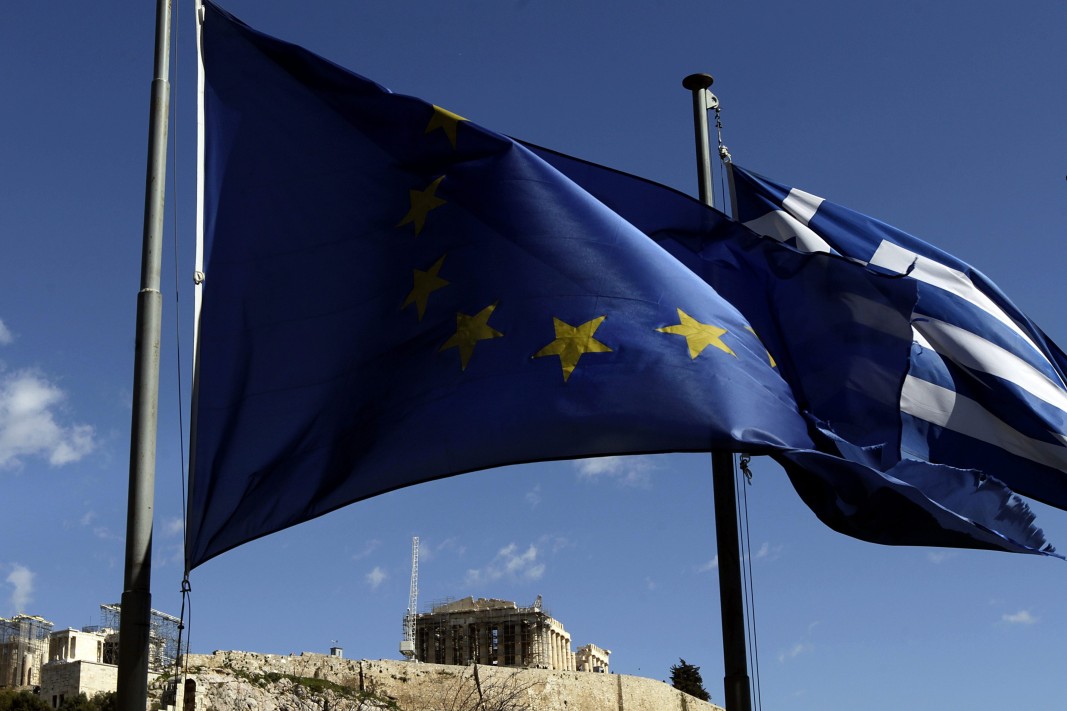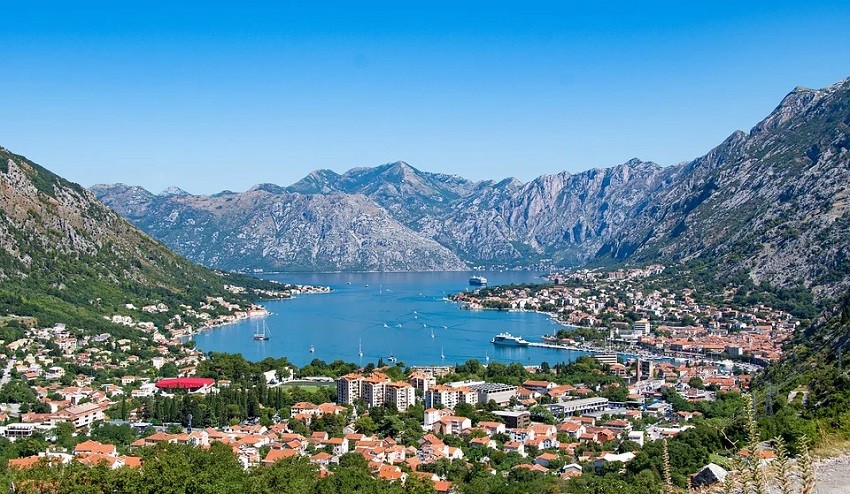Greece exits the European Union’s enhanced surveillance framework

Greece has exited the European Union’s so-called enhanced surveillance framework after years of austerity that led to protests, the correspondent of the Bulgarian National Radio in Greece Katya Peeva reported.In November 2009, Athens revealed a sharp rise in its public deficit. In exchange for bailout cash of EUR 289 billion, a “”troika” made up of the International Monetary Fund, the European Union and the European Central Bank, demanded across-the-board reforms from Greece, which included deep state spending and salary cuts, tax hikes, privatizations and other reforms aimed at righting public finances. Because of the crisis, incomes fell by a quarter and many Greeks lost their jobs. “August 20 marks the achievement of a major national goal for Greece, the ending of the EU’s enhanced surveillance framework, thanks to the sacrifices of the Greek people, the prudent economic and reform-oriented policy consistently implemented by the government”, the Minister of Finance of Greece Christos Staikouras said. “August 20, 2022, is a historic day for Greece and for all Greeks: our country exits the EU’s enhanced surveillance framework- in the most official way. Therefore, a 12-year circle that brought pain to citizens now closes. It brought stagnation to the economy and division in society. Now a new, clean horizon emerges, one of development, unity and prosperity for all”, Greece’s Premier Kyriakos Mitsotakis said. According to experts, Greece has changed its economic model in recent years. It attracted investments that have enabled it to service its loans.
Serbia and Kosovo continue to look for solution to their disputes

Serbia and Kosovo continue to look for solution to their disputes affecting tens of thousands of Serbs in Kosovo who have to change their ID cards and license plates with Kosovar ID cards and license plates by September 1, Bloomberg TV announced. One month ago, the requirement caused tensions along the border between the two countries. The European Union has acted as a mediator in the Kosovo-Serbia dialogue. However, the meeting between Serbia’s President Aleksandar Vucic and Kosovo’s Prime Minister Albin Kurti ended without a compromise on the license plate dispute. President Vicic has accused Kosovo’s government of mistreating the Serbian minority with the aim of making them leave the country. Just over 100,000 Serbs live in Kosovo, whose population amounts to 1.8 million people. In 2008 Kosovo declared independence, but most Serbians in Kosovo remained loyal to Serbia which does not recognize Kosovo as an independent state. Albin Kurti said that the right of minorities in Kosovo are respected and called on the local Serbs to accept the Kosovar documents. Kurti said he won’t postpone again, adding that he expects September 1 to be a quiet, ordinary day. “If the situation does escalate into violence, police and NATO’s 3,800-strong KFOR peacekeeping force will end it”, Premier Kurti said.
European Commission calls on Montenegro to close its Citizenship by Investment Programme

Montenegro continues to implement the Citizenship by Investment Programme, despite EU recommendations, European Commission Spokesperson Ana Pisonero Hernandez said for Vijesti newspaper. According to the Commission, this programme poses risks, including tax evasion, money laundering, terrorist financing, corruption, etc, and being a candidate country, Montenegro must take the views of the union into account, Ana Pisonero Hernandez said. The Citizenship by Investment Programme was launched in 2019. The programme requires applicants to either invest EUR 250,000 in government-approved property in the northern region or EUR 450,000 in the southern region. Investors also need to pay a donation of EUR 100,000 to the fund for the development of underdeveloped municipalities. Montenegro expected to issue 2,000 passports under the Citizenship by Investment scheme by the end of 2021, but investors showed low interest. A total of 409 foreign nationals received Montenegrin passports under the Citizenship by Investment Programme, including 201 Russians, data of the Center for Investigative Journalism of Montenegro indicate.
Luiza Gega becomes Albania’s first ever European outdoor champion

On August 20, Luiza Gega became Albania’s first ever European outdoor champion with a gun-to-tape gold in the 3,000 meter steeplechase. She won the women’s 3,000 meters steeplechase final at the Munich 2022 European Athletic Championships. The event took place at the Olympic Stadium in Munich, Germany. The Albanian athlete stopped the clock at 9:11.31 minutes.
Written by: Miglena Ivanova
English version: Kostadin Atanasov
Photos: EPA/BGNES, Pixabay"The last one to quit wins. If we believe and want democracy in Bulgaria to win..., we must persevere, even though it's discouraging," Izabela Shopova from Brisbane, Australia tells Radio Bulgaria Nearly 6,000 people identified themselves as..
On the threshold of the sixth early parliamentary elections in less than three years, the fatigue of the Bulgarian citizens from the administrative hopelessness is visible . This seems to be the case in the political arena as well - proof is the..
"We need unity and togetherness. For us, Bulgaria is our family, it is our home" - Zdravka Vladova-Momcheva, a Bulgarian living in Britain, told Radio Bulgaria. Ten days ago she was in Sofia to receive another award from the Executive Agency for..

+359 2 9336 661
